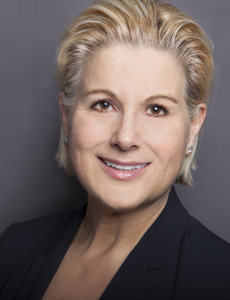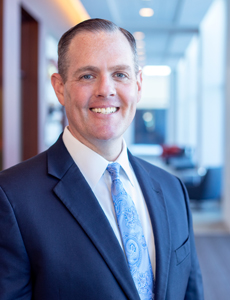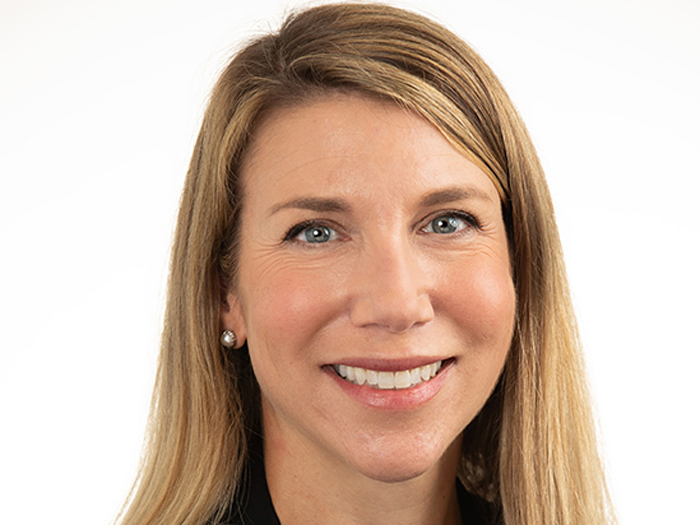COVID-19 Is Changing the Workers’ Comp Playbook: Are You Giving Your Claims Team What They Need to Prepare?

At 4 p.m. local time, wherever they were around the globe, Gallagher Bassett Services’ claims management staff received a link to a colleague’s 10-song, acoustic-guitar concert and an invitation to kick back with their families to enjoy some R&R. The virtual audience commented electronically while the concert was in progress.
“People loved it. It brought them together around a shared experience; those types of experiences matter, especially in an environment like this one,” said Mike Hessling, CEO, North America, at the third-party claims manager, noting his colleague’s performance was shared among 6,000 staff globally.
“It was probably the biggest concert he had ever played.”
The concert was part of an initiative to maintain engagement and connectivity among staff, which Gallagher Bassett ramped up when the pandemic emerged, to retain the camaraderie and corporate culture that might fade in a virtual environment.
The initial transition to a work-from-home environment was relatively painless for insurance claims management companies interviewed by Risk & Insurance®, whose staff have worked from home at least part-time for years.
Ensuring secure access to their platforms and other tech issues critical to an industry handling sensitive customer information were largely under control already, although IT teams undoubtedly worked long hours early on.
The New Normal
As the pandemic rages on, claims management leaders must address a variety of longer-term issues so staff can work effectively and continue to deliver top-notch service to customers.
On the more personal front, staff members face a variety of issues as individuals. Lisa Harlan, managing director at Sedgwick Claims Management Services, said that staff members with spouses also working from home and children in virtual summer programs and later school may find privacy hard to come by, while still dealing with clients’ highly confidential information.
“So we try to understand their situations and make sure we give them notice before we call to relay important information to them,” she said.
And in these uncertain times, anxiety can creep in. Harlan noted that in her own experience, suddenly shifting to shelter-in-place mode from her previous schedule involving frequent travel and going to the office was an adjustment.
“That was a loss to me. I had to learn how to transition into something different and so did my colleagues,” she said.
She added that Sedgwick has implemented a 24/7 hotline manned by internal nurses that staff can call for help or simply to talk to someone, as well as daily “positivity messages” on the staff portal and “health challenges” in which team members compete against colleagues around the world.
John Lastella, vice president of claims, at Broadspire, Crawford & Company’s global third party administrator (TPA) , said that he pushes his managers to “take the temperature” of the half-dozen staff members they each oversee, adding that one-on-one calls are critical since attentions wane in big groups
“It can be a stressful job to begin with; claims examiners wear the hat of an accountant, lawyer, doctor and friend,” Lastella said.
“You have to really listen to them and make sure there are no red flags.”
Pandemic-Fueled Claims
Adding to that stress is the rapidly increasing volume of workers’ compensation and other claims fueled by the pandemic, as well as the fuzziness around when claims are compensable as rules change.
Northwell Health, New York State’s largest health care provider, has found itself in the center of the pandemic storm as most of its more than 72,000 employees directly care for COVID-19 patients and many have become infected themselves.
In an unusual arrangement, Northwell handles the medical case management that often would be done by the TPA. Joseph F. Molloy, vice president, workforce safety at Northwell, said his group proactively encourages employees to file claims, and because it was impossible to understand whether an employee was infected at work or another setting, the company decided to adjudicate every claim.
Unsurprisingly, the volume of incidents increased exponentially. Northwell uses Broadspire to handle the rest of the claims management process, and Lastella’s team presented its TPA with the pros and cons of simply accepting all the claims and seeking to process them as quickly as possible.
“Very few other industries were impacted from a workers’ compensation perspective like heath care, so Broadspire brought over a number of additional adjusters to help process that volume,” Molloy said.
Complicating the workers’ compensation front are new laws that have recently passed or are in the works in numerous states that broaden the conditions under which claims must be accepted. California has been a leader, but similar changes are taking place in other states.
“One of the biggest factors for ongoing success is getting people to keep up with the changes for how to handle claims day to day, because with every crisis comes a new set of rules and a new set of regulations,” Lastella said.
He added that education is key and can include emails, webinars and conference calls, to ensure staff is comfortable with how to respond in the specific lines of business they cover.
Adjusters and examiners have to adapt.
Updates from industry websites are helpful, and when obscure legal language is involved it can help to bring in a local attorney to work through it, Lastella said. You can’t have too much information, he added, so while numerous states are changing their workers’ compensation rules, and the volume of information can be overwhelming, a case in California may provide insight into similar situations in other states.
Hessling said his team established a COVID-19 taskforce to review all virus-related claims prior to making a compensability determination, providing centralized oversight.
Open and frequent dialogue with clients has also been beneficial. For example, in March, the firm forecast how claims volume changes over time and by industry as the virus evolved. It monitors and reviews those forecasts based on discussions with clients about their business expectations.
That enables Gallagher Basset to prepare from a staffing standpoint, serve claims as they come in, and anticipate what is happening in clients’ businesses, for both employee and customer claims. And it helps clients budget for the future, since Gallagher Bassett’s fee is often based on claims volume.
“The fact that we’re forecasting and have a pretty good handle on what we expect to happen by line of coverage and industry gives clients more confidence, so renewals reflect what is likely to happen for them rather than being off in one direction or another,” Hessling said.
“The last thing any risk manager wants to do is surprise her or his boss with a miss-estimate of what overall expenses will be, whether it be claim service fees or the cost of losses.” &













